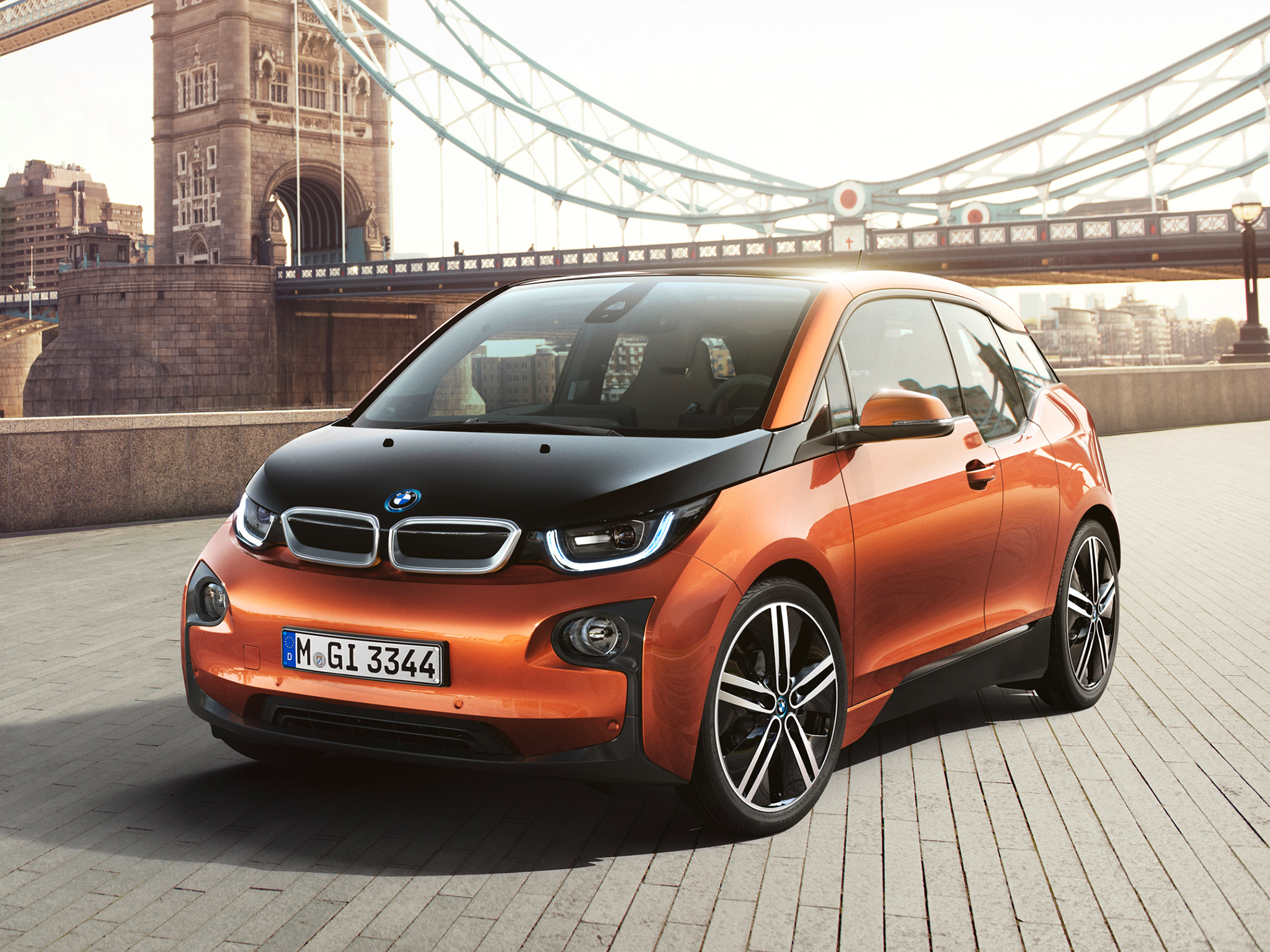ARTICLE AD BOX
Volkswagen has confirmed that its new range extender hybrid technology – revealed for the first time in its ID. Era SUV at the Shanghai Motor Show – will be coming to Europe.
A range extender uses a petrol engine to generate electricity that will then charge a battery that then drives an electric motor or power the electric motor directly – they’re often referred to as REX (range extenders) or EREVs (electric range extender vehicles).
A car with a range extender system drives very much like a fully electric car yet doesn’t need plugging in – although some do still have plugs to initially power up the battery. However, with petrol power in play, the car still emits CO2 from its tailpipe when the petrol engine is in operation.
Range extenders first saw the light of day in cars like the Vauxhall Ampera and BMW i3, the latter using a petrol-powered BMW motorcycle engine to recharge the i3’s battery.

Currently, Nissan’s British-built Qashqai and its X-Trail models use range extending technology, badged e-Power, with the petrol engine powering a generator, which then produces electricity that goes either to the car’s motor or the battery. Mazda uses slightly different range extending tech for its MX-30 R-EV.
Other car makers are also considering range extender technology, especially following the UK government’s recent decision to allow hybrid models beyond the 2030 deadline for the ban on the sale of new internal combustion-engine cars.
Volkswagen’s new range-extending tech debuted in Shanghai in one of three Chinese-only all-electric ID models. There are no technical details on the system used in the ID. Aura other than Volkswagen saying it should offer a combined range of around 621 miles. However, Volkswagen’s head of engineering Kai Grunitz confirmed that it would be used in cars in Europe and the UK.
Speaking to The Independent, Grunitz said, “I think there will be range extender by the end of this decade. In Europe the demand will be there, and we are preparing something already for Europe and we will see how the demand rises.”
Describing the benefits of a range extender, Grunitz said: “A range extender is driving more like a real fully electric vehicle. That's the difference for the customer. It’s a great vehicle for a consumer who actually would like to have a battery electric vehicle but still has anxiety and is not quite ready to make the full move to a pure battery electric vehicle.
“With a range extender you have a battery electric vehicle and 80 per cent of your time you can drive battery electric, but if you really want to go long distance, you have the charger on board.”
Volkswagen sales boss Martin Sander also said that government confirmation of new hybrids being allowed to be sold beyond 2030 gave Volkswagen more confidence to push on with hybrids, but more information was still needed.
He said: “We need to better understand now. What precisely does hybrid mean so that we can make the right decisions on the engineering side. My understanding at the moment is that our range will be UK compliant even after 2030.”
As well as the ID. Era, Volkswagen also unveiled two all-electric models, the ID. Aura sleek saloon and ID. Evo sporty crossover. All three models were developed with different Chinese partners and could be sold in other Asian and possibly South American markets, but the cars themselves would not come to Europe.









 English (US) ·
English (US) ·